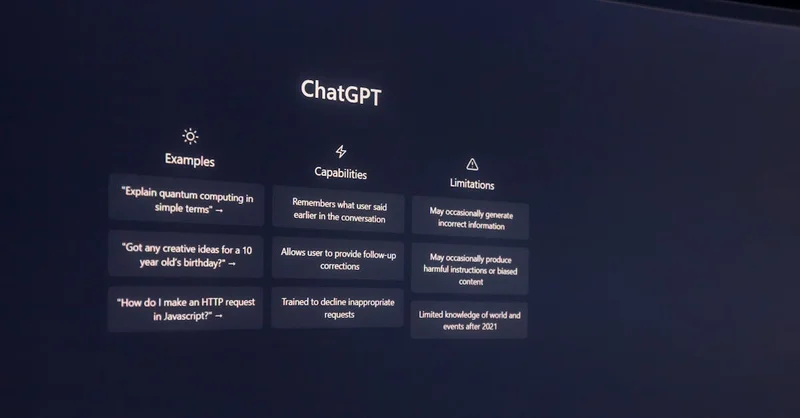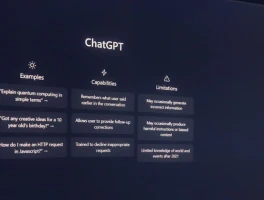Generated Title: Adobe Buying Semrush is Bigger Than You Think: It's About Owning the AI-Powered Future of Visibility
The Dawn of AI-Driven Brand Supremacy
Okay, friends, let's talk big picture. Adobe buying Semrush? On the surface, it looks like just another tech acquisition. A $1.9 billion all-cash deal—impressive, sure, but easily dismissed as corporate maneuvering. But trust me, this is about so much more. This isn't just about SEO; it’s about owning the future of brand visibility in an AI-dominated world, a world where algorithms curate reality.
Think about it: Adobe already has the creative tools. They have the analytics. And now, they're buying arguably the best SEO platform, Semrush. What does that give them? End-to-end control over how brands are seen online, not just by humans, but by the AI overlords themselves. It's about understanding how brands appear across owned channels, LLMs and traditional search. This isn't just about optimizing for Google anymore; it's about optimizing for everything.
Anil Chakravarthy, president of Adobe’s Digital Experience Business, nailed it: "Brand visibility is being reshaped by generative AI, and brands that don’t embrace this new opportunity risk losing relevance and revenue." He's right, of course. But it goes even deeper. We're talking about a fundamental shift in how brands compete. In the past, it was about catchy slogans and clever ads. Now? It’s about data-driven GEO (Generative Engine Optimization) and SEO, ensuring your brand is discoverable within the AI ecosystem. It's about making sure your brand is the one ChatGPT recommends, the one Gemini highlights, the one that defines the conversation. It's brand Darwinism, survival of the most visible, but powered by algorithms.
I honestly think this is the kind of move that will force every other major player to re-evaluate their strategy. Are you just creating content, or are you ensuring that content dominates the AI landscape? Are you just tracking analytics, or are you using those insights to shape the AI's perception of your brand? The questions are endless, and the stakes are incredibly high.

It's like the shift from horse-drawn carriages to automobiles. Suddenly, the rules changed. It wasn't enough to have the best horse; you needed an engine. And in this new AI-driven world, Semrush, under Adobe's wing, is becoming one of the most powerful engines around.
The McKinsey report about "Rewiring martech: From cost center to growth engine" highlighted that most marketers are still in the early stages of maturity, applying technology to automating old processes and struggling to quantify ROI. But with AI, we have a do-over, a chance to reimagine martech as an intelligent system that unifies the company around the desires of customers and their decision journeys. The Adobe buys Semrush deal could be the catalyst that forces everyone to finally make that leap.
Of course, with great power comes great responsibility. We need to ensure that this AI-driven visibility isn't used to manipulate or deceive. We need transparency, ethical guidelines, and a commitment to ensuring that the AI ecosystem remains a source of truth, not just a tool for corporate dominance. It's a serious consideration, but I believe we're up to the challenge.
What this means for us is the opportunity to build brands that are more visible, more relevant, and more deeply connected to their audiences than ever before. But more importantly, what could it mean for you? Imagine the possibilities: small businesses competing on a level playing field, artists finding their audiences without relying on traditional gatekeepers, and a world where the best ideas, not just the best-funded ones, rise to the top.

